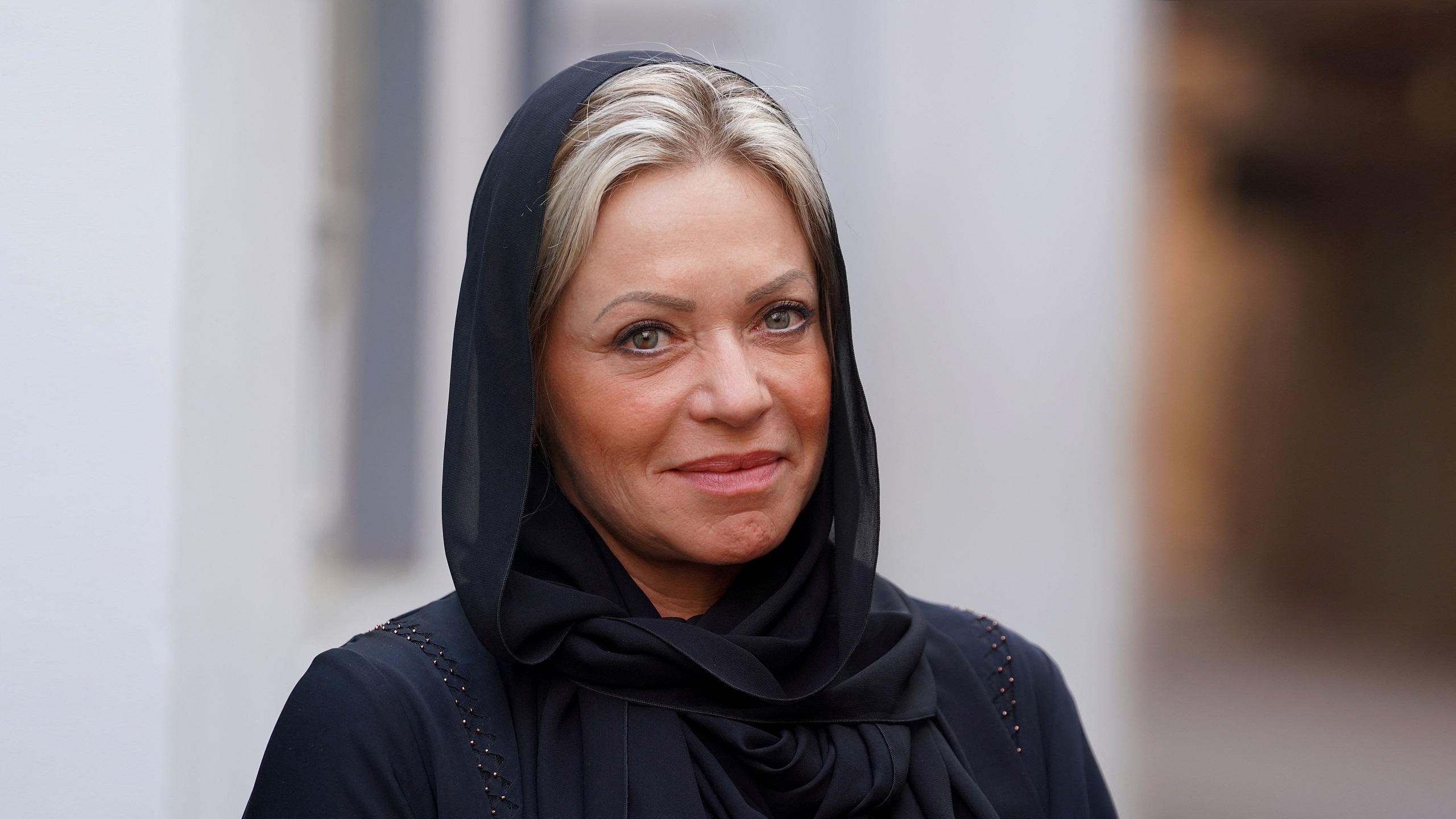UN Mission Reports on Iraq’s Progress, Challenges After One Year of New Government
The United Nations Assistance Mission for Iraq presented its findings to the Security Council on Tuesday, highlighting the progress and challenges Iraq has faced since its new government was formed a year ago. Jeanine Hennis-Plasschaert, the UN special envoy for Iraq, spoke on the government’s key actions under Prime Minister Mohammed Shia’ al-Sudani, such as the adoption of a federal budget, financial reforms, and a new social security law.
“While there has been notable progress, the complex web of corruption that has plagued Iraq for years cannot be undone overnight,” Hennis-Plasschaert said. She pointed out that Iraq’s economy heavily relies on oil and that the public sector is “unsustainable” in its current size.
This holiday season, give to:
Truth and understanding
The Media Line's intrepid correspondents are in Israel, Gaza, Lebanon, Syria and Pakistan providing first-person reporting.
They all said they cover it.
We see it.
We report with just one agenda: the truth.


The envoy also mentioned environmental “threat multipliers,” like climate change and water scarcity. This past summer saw temperatures in Iraq exceeding 50° Celsius, and drought has displaced nearly 14,000 families across 10 provinces.
Hennis-Plasschaert further noted the repeated postponement of parliamentary elections in northern Iraq’s Kurdistan region, calling on all parties to ensure that the rescheduled February elections take place. “There’s much at stake; the democratic process must prevail,” she stressed.

